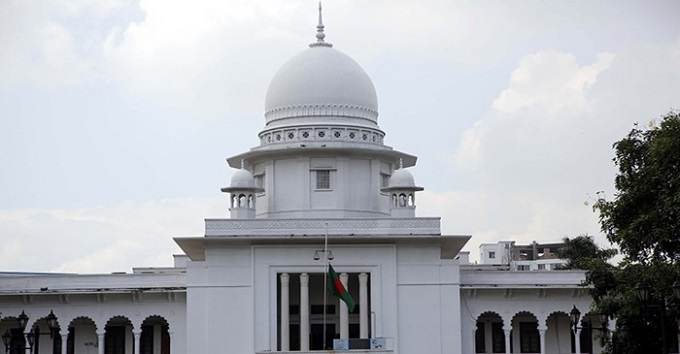Policy support needed for bicycle industry for more benefits

- Update Time : Monday, December 6, 2021
- 130 Time View

THERE has been a minimum policy support for the bicycle industry despite proven export potential. The local demand for bicycles, as the Bicycle Merchant Assembling and Importers’ Association says, is worth an estimated Tk 12 billion a year. Export Promotion Bureau data show that manufacturers exported bicycles worth about $130 million in the 2021 financial year, 50 per cent higher than that of the previous year. In 2017, Bangladesh was the third largest exporter of bicycles to Europe. During the Covid outbreak, when public transport was limited and social distancing was required, the demand for bicycles marked a sharp increase on the local and the world market. Government support for the backward linkage industry was, however, inadequate; high import duty on raw materials and spares constrained the manufacturers and many failed to meet their export target.
Manufacturers consider the high import duty as a major barrier to the sectoral growth. About 30–40 per cent of raw materials come from China, Indian, Malaysia, Indonesia and Thailand, but the import duty on raw materials is 10–25 per cent. Import duty on spares is also high, averaging at 55 per cent. The high duty on raw materials increases the production cost which leaves manufacturers to lose competitive edge on both the domestic and the international market. The bicycle industry is listed under the heavy industry category, but it does not have the same access to financial services and loans that other sectors do. The industry has immense export potential especially in view of the high anti-dumping duty of 48.5 per cent imposed by the European Union against China and duty-free export benefits that Bangladesh has from European countries. Bicycle is also gaining ground because of its environmentally-friendliness and safety issues. In Dhaka, bicycle use has increased among low-income groups and students as an affordable solution to perennial traffic congestion.
A proper policy support for the bicycle industry could yield manifold benefits. In addition to contributing to export earnings, the industry may also create employment opportunities. The availability of affordable bicycles may also encourage people to use them and help the country to decrease carbon emissions. An increased bicycle use can also reduce many non-communicable diseases. Considering the economic, environmental and public health benefits of an increased bicycle use, the government must consider a better policy support, better access to financial services and reduced import duty for the industry.


























